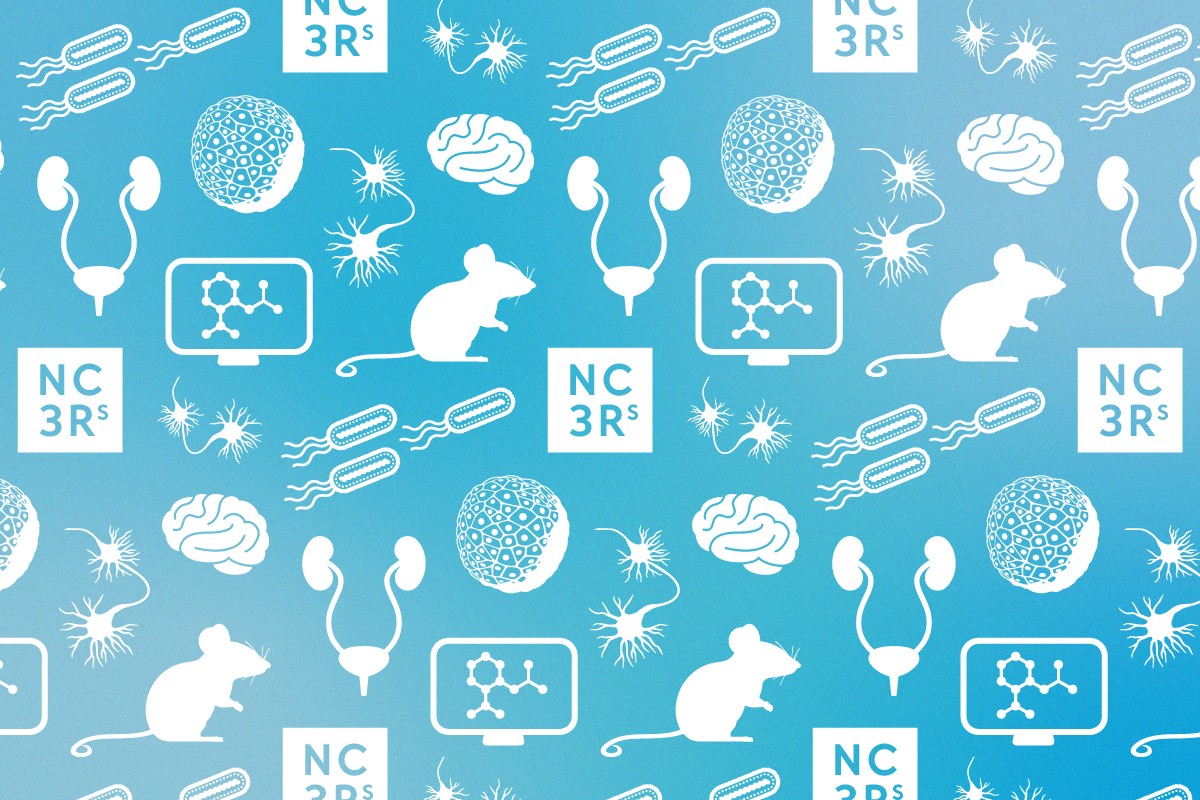Registration Details

As partners of Pint of Science we have been taking part in the annual science festival since 2014, sharing NC3Rs-funded research in pubs and public spaces across the country. In 2025 we are holding events in London, Exeter and Edinburgh, exploring the 3Rs in three different scientific themes, from technology to ecology and biomedical research.
Our 'Tech me out' event is hosted by the UCL Pint of Science team.
Taking tech from lab to life
Think biology is all animals, plants and body parts? Find out how scientists are applying advances in technology, computing and engineering to develop better models of human health and disease and replace the use of animals.
How to build a brain
Selina Wray, Professor of Molecular Neuroscience
Learn more about how scientists study the ultimate biological computer – the human brain. Where once in vitro approaches were limited to looking at neurons in a dish, researchers can now create complex 3D brain organoids using a patient’s own cells, using them to replace animal models and accelerate the development of new treatments for neurological disease.
Find out about Selina's NC3Rs-funded projects, from a microfluidic drug-screening platform for Alzheimer's disease to setting up a facility to provide human stem cell derived models of neurological disease to other UCL researchers.
Microbiology meets microengineering
Victoria Chu, PhD student
Body-on-chip technologies harness advances in microfluidics and tissue engineering to create miniature models that can be more relevant to human biology than standard cell-based approaches or animal experiments. Hear about a new device linking three different organ models that allows scientists to study bacteria as they move through pelvic organs and test new treatments for urinary tract infections
Learn more about Victoria's NC3Rs-funded PhD research developing a microfluidic human 'pelvis-on-a-chip' model to study ascending urinary tract infection.
Read more about our other Pint of Science events:
